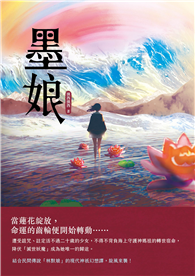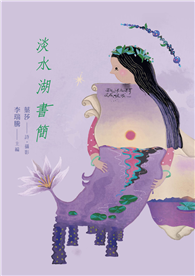The republic of Turkey and the Soviet Union both emerged from the wreckage of empires surrounding World War I, and pathways of literary exchange soon opened between the two revolutionary states. Even as the Turkish government pursued a friendly relationship with the USSR, it began to persecute communist writers. Whether going through official channels or fleeing repression, many Turkish writers traveled to the Soviet Union during the 1920s and 1930s, publishing original work, editing prominent literary journals, and translating both Russian classics and Soviet literature into Turkish.
Writing in Red traces the literary and exilic itineraries of Turkish communist and former communist writers, examining revolutionary aesthetics and politics across Turkey and the Soviet Union from the mid-1920s through the 1960s. Nergis Ertürk considers a wide range of texts--spanning genres such as erotic comedy, historical fiction and film, and socialist realist novels and theater--by writers including Nâzim Hikmet, Vâlâ Nureddin, Nizamettin Nazif, Suat Derviş, and Abidin Dino. She argues that these works belong simultaneously to modern Turkish literature, a transnational Soviet republic of letters, and the global literary archive of world revolution, alongside those of other writers who made the "magic pilgrimage" to Moscow. Exploring how Turkish communist writers on the run produced a remarkable transnational literature of dissent, Writing in Red offers a new account of global revolutionary literary culture.| FindBook |
有 1 項符合
Writing in Red: Literature and Revolution Across Turkey and the Soviet Union的圖書 |
 |
Writing in Red: Literature and Revolution Across Turkey and the Soviet Union 作者:Ertürk 出版社:Columbia University Press 出版日期:2024-05-21 語言:英文 規格:平裝 / 320頁 / 普通級/ 初版 |
| 圖書館借閱 |
| 國家圖書館 | 全國圖書書目資訊網 | 國立公共資訊圖書館 | 電子書服務平台 | MetaCat 跨館整合查詢 |
| 臺北市立圖書館 | 新北市立圖書館 | 基隆市公共圖書館 | 桃園市立圖書館 | 新竹縣公共圖書館 |
| 苗栗縣立圖書館 | 臺中市立圖書館 | 彰化縣公共圖書館 | 南投縣文化局 | 雲林縣公共圖書館 |
| 嘉義縣圖書館 | 臺南市立圖書館 | 高雄市立圖書館 | 屏東縣公共圖書館 | 宜蘭縣公共圖書館 |
| 花蓮縣文化局 | 臺東縣文化處 |
|
|
圖書介紹 - 資料來源:博客來 評分:
圖書名稱:Writing in Red: Literature and Revolution Across Turkey and the Soviet Union
內容簡介
作者簡介
Nergis Ertürk is associate professor of comparative literature at Pennsylvania State University. She is the author of Grammatology and Literary Modernity in Turkey (2011), which received the Modern Language Association Prize for a First Book, and the editor of the journal Comparative Literature Studies.
|










